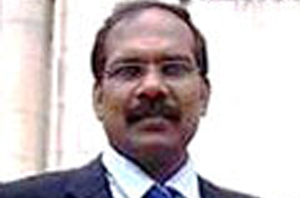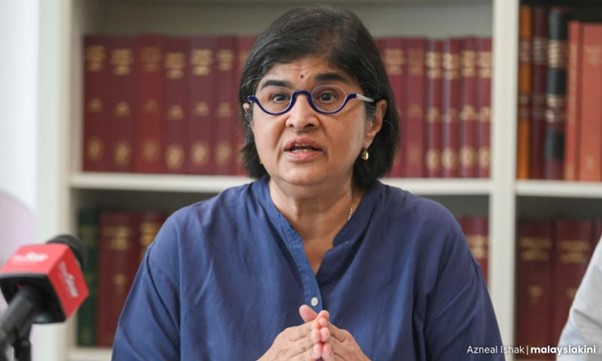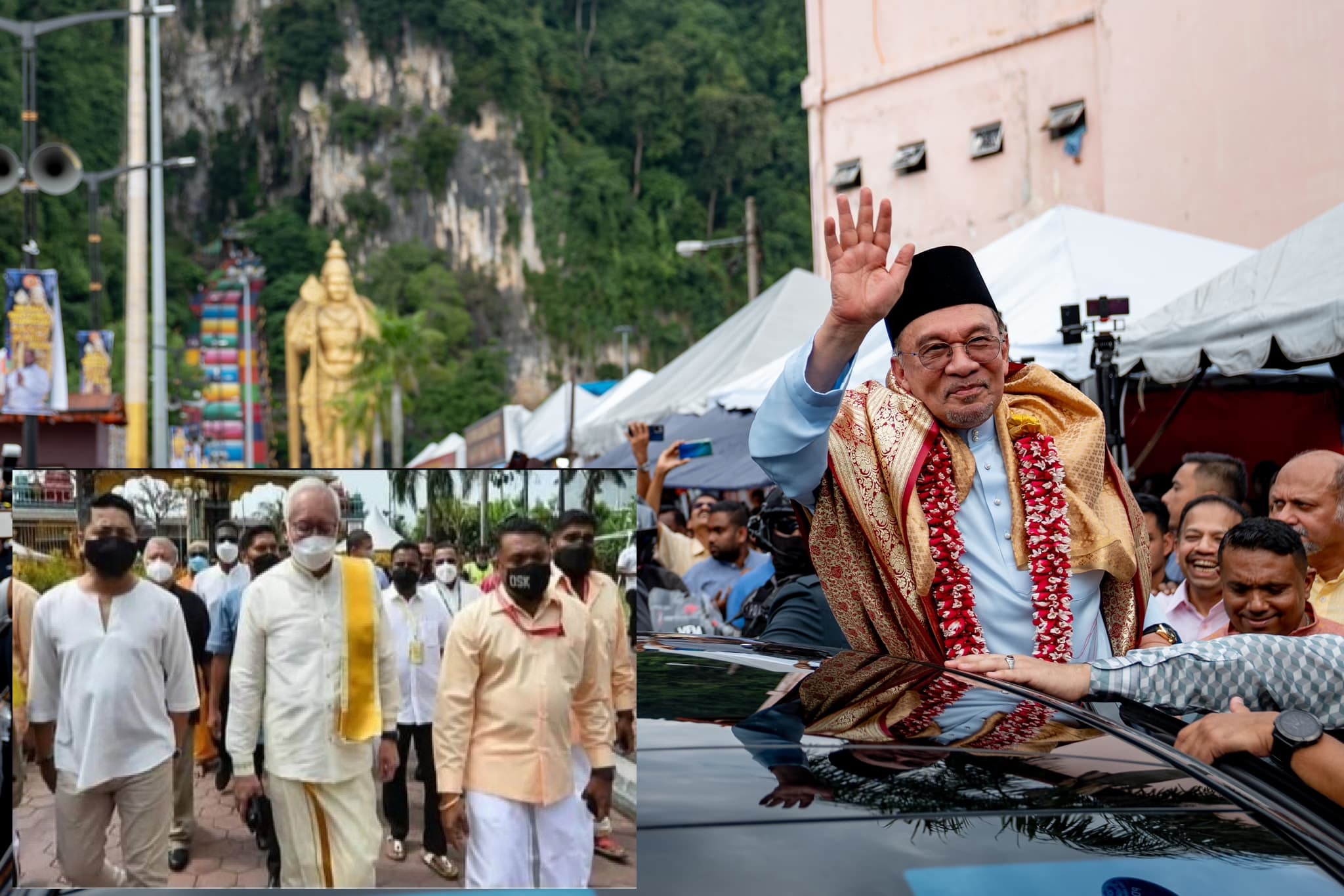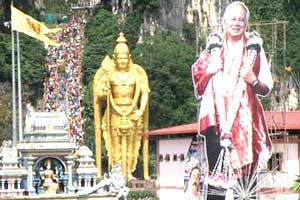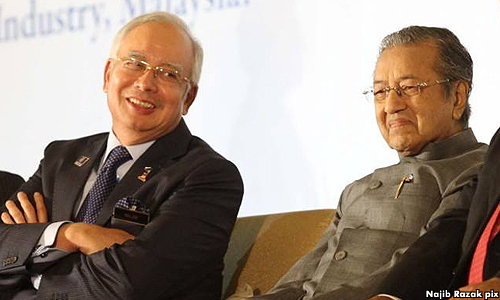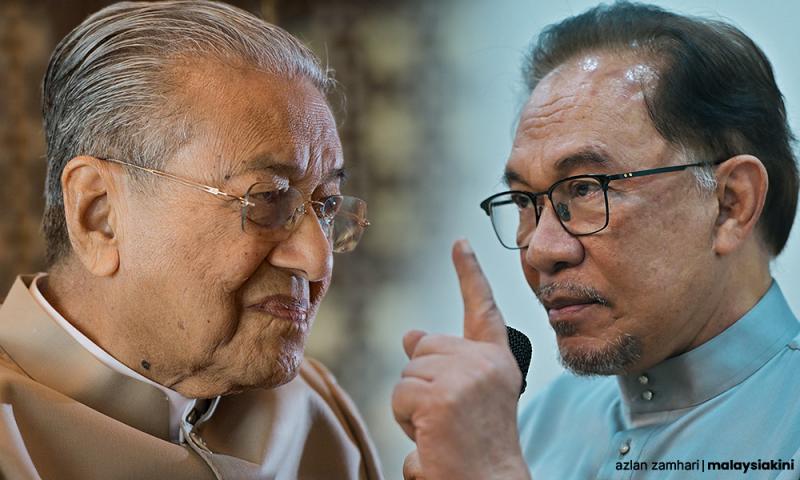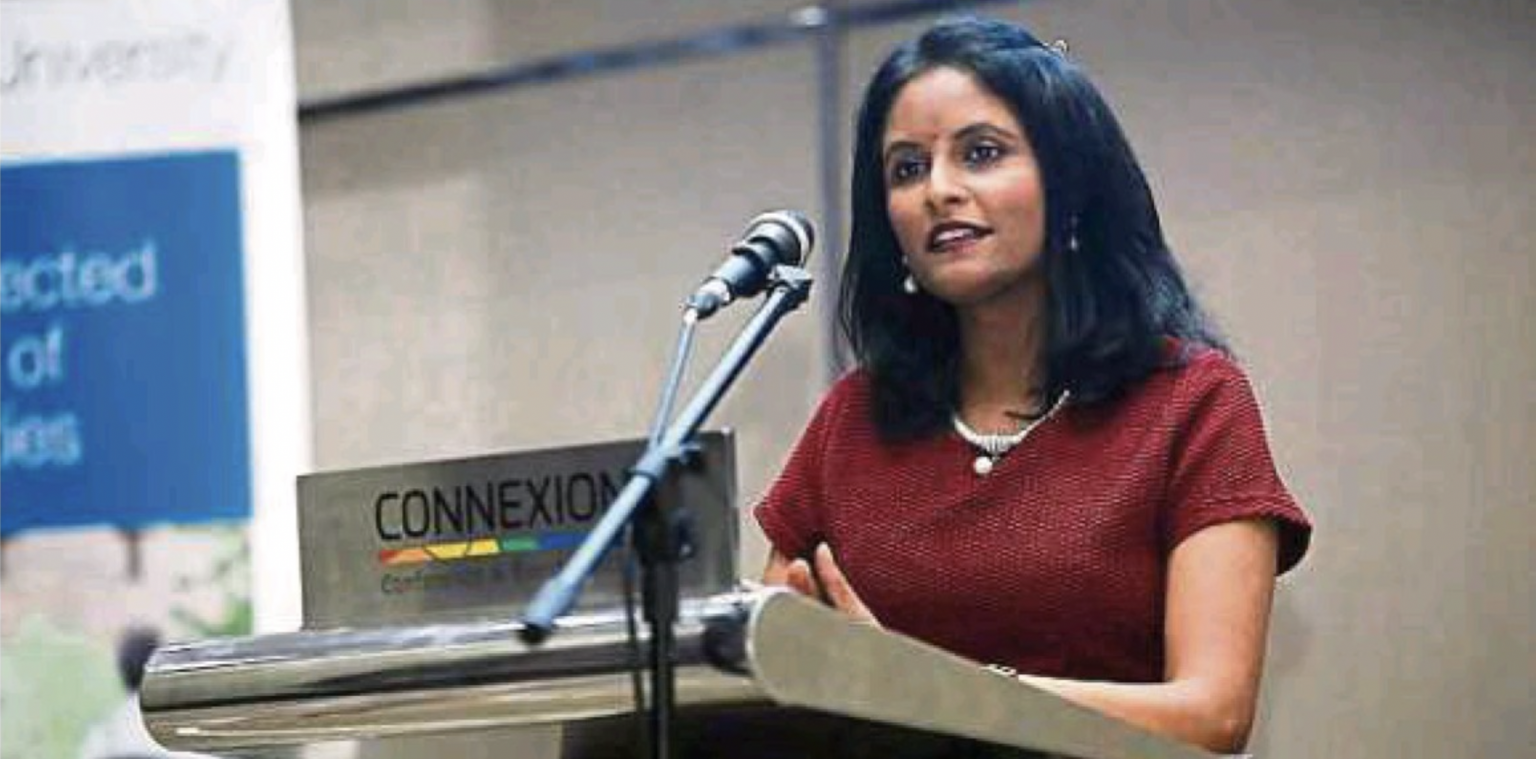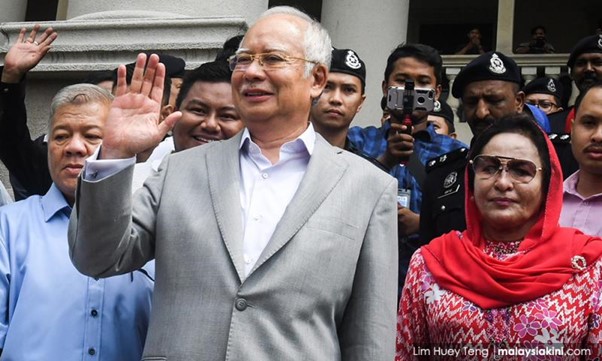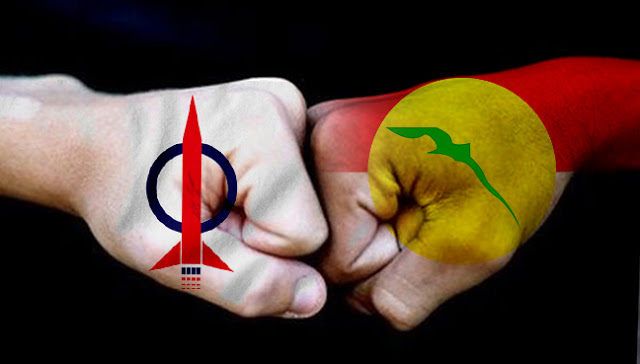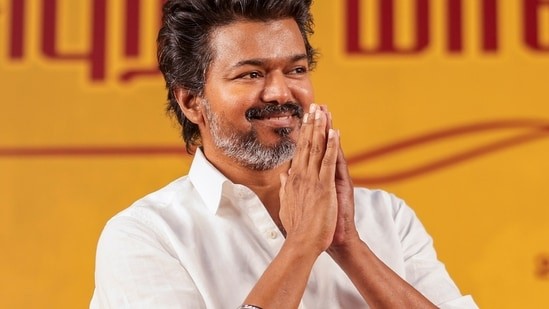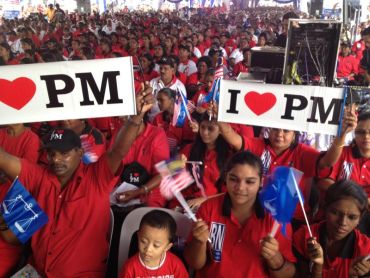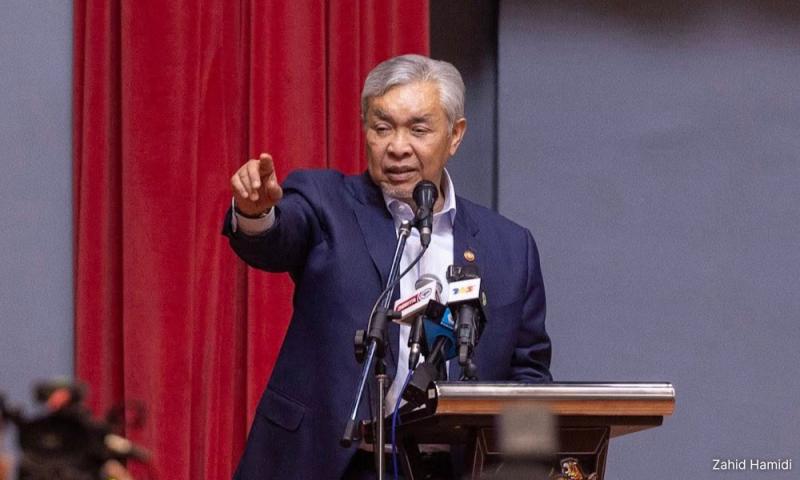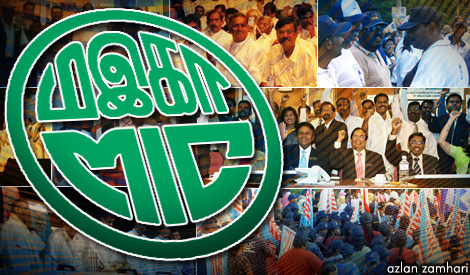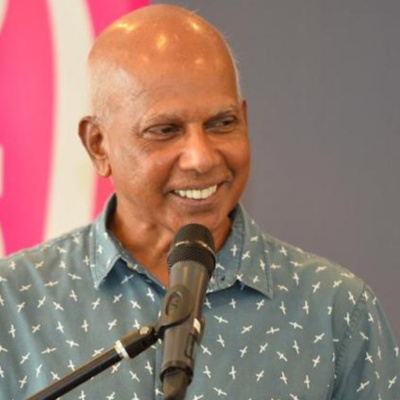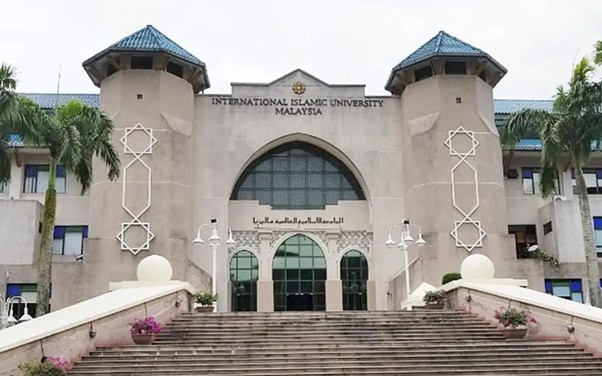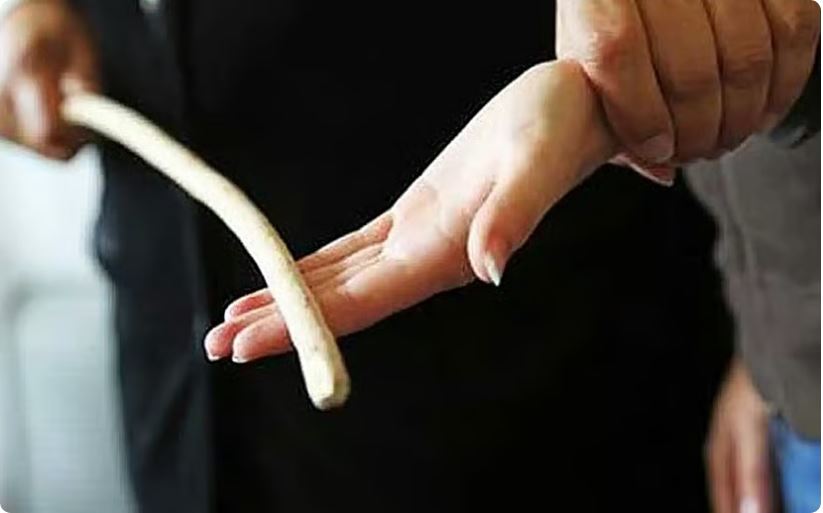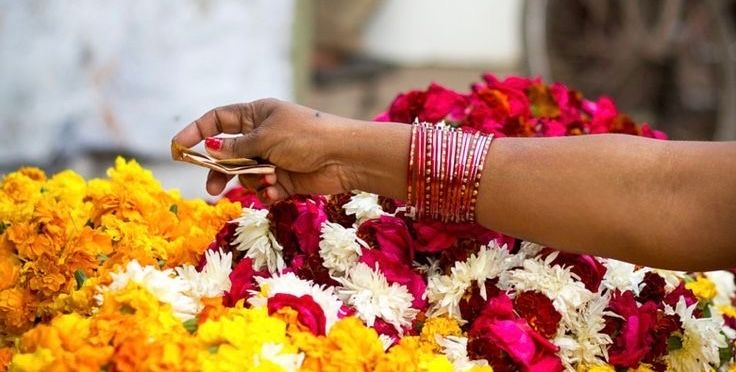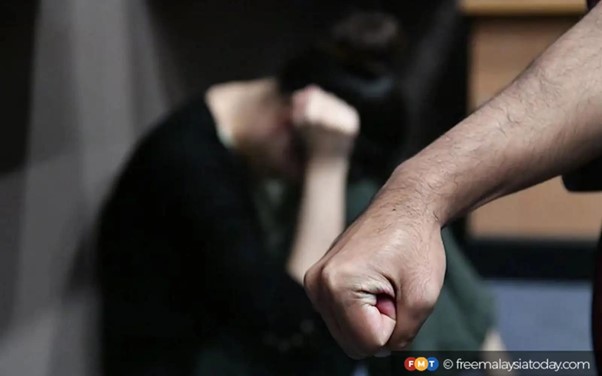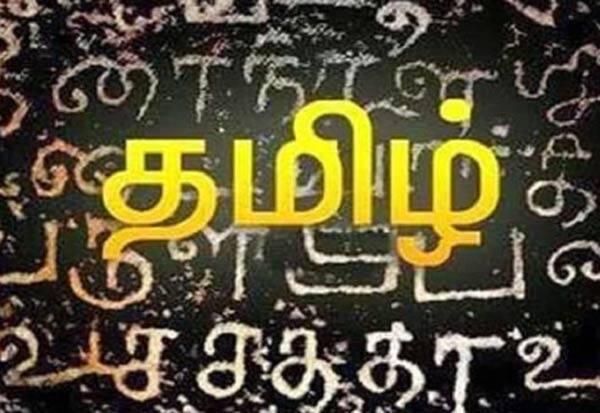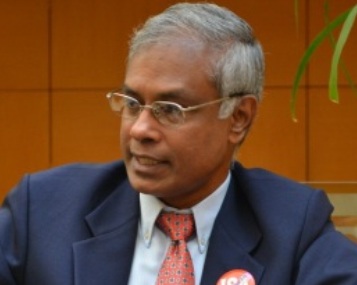by Dr Sivachandralingam Sundara Raja
Emeritus Prof. Dr. Singaravelu Sachithanantham (22.12.1936- 13.01.2020) is a personality I got to know when I did my undergraduate studies at the Faculty of Arts and Social Sciences in 1985. He was simply amazing. He was a first class graduate of the University of Malaya (Singapore) in 1959, completed his Masters and Doctorates by 1981 and became a lecturer in the same university.
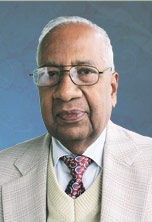 During the first year, students were given the option to choose 3 departments and I chose Indian Studies as my third option besides History and Malay Studies. I took his course entitled “The Ramayana Tradition in Southeast Asia” which besides dealing with history also focused on values that one could impart from the characters in the Ramayana epic. I enjoyed his lectures and tutorials for its structure and well-versed subject matter. He was regarded a serious lecturer. There was no room for jokes, and this often created a tensed atmosphere during his no-nonsense delivery of lectures.
During the first year, students were given the option to choose 3 departments and I chose Indian Studies as my third option besides History and Malay Studies. I took his course entitled “The Ramayana Tradition in Southeast Asia” which besides dealing with history also focused on values that one could impart from the characters in the Ramayana epic. I enjoyed his lectures and tutorials for its structure and well-versed subject matter. He was regarded a serious lecturer. There was no room for jokes, and this often created a tensed atmosphere during his no-nonsense delivery of lectures.
He simply had admirable qualities. He was always punctual or early for his lectures and tutorials. No assignment escaped his scrutiny and he conscientiously returned the thoroughly marked assignments to the students well before their examinations. He was meticulous, and only few escaped with his pencil corrections on few pages otherwise they were on every page with his comments. Thus, the reason for my joy when I obtained a grade of “B” for my undergraduate essay.
We became closer when he held the chair of Emeritus Professor in 2004. We met often to discuss academic matters and I solicited his views on the standard of academia in the faculty compared to the 60s and 70s. His reflections were a combination of joy and despair filled with unfulfilled expectations and some degree of disappointments. He decided not to come to the Faculty when he found it difficult to ascend the stairs to his room at the Indian Studies Department.
His passing on the 13 January 2020, came as a shock to me, it is like putting off a beacon on a needy day. His demise is an irreplaceable loss and is too much to bear for academics like me. His rare specialization and contributions in the academic field and in general to the communities locally and internationally is unmatched.
His scholarly work in many fields shall remain unmatched. If one were to look back at his iconic role in the academic field, one could recognize his footprints in many fields, and these shall remain as guiding paths for others to stroll. He shall remain as a living legend of his era.
Tertiary Education
Prof. Singaravelu received his tertiary education in a number of institutions of higher learning. He received his Bachelor of Arts degree (Economics, History and Tamil) from the University of Madras (Chennai) in 1957; Bachelor of Arts degree (Economics, History and Indian Studies) from University of Malaya in Singapore in 1959; Bachelor of Arts with (First Class) Honors degree (Indian Studies) from the University of Malaya in 1960; Master of Arts from University of Malaya in 1965 and Ph.D. from the same university in 1981. His Master thesis was entitled “Social Life of the Tamils in the Classical Period” and his Ph.D. was on “The Ramayana Tradition in India and Southeast Asia”. Once retired, he pursued his law degree and was awarded Bachelor of Laws (LLB) Honors degree from the University of London in 1989 and Certificate of Legal Practice (CLP) of the Malaysian Legal Profession Qualifying Board in 1991.
Academic Career
Prof. Singaravelu served the University Malaya in Kuala Lumpur as Graduate Assistant in the Department of Indian Studies (1960-1961); Assistant Lecturer (1963-1966); Lecturer (1966-1975); Associate Professor (1975-1980); Professor (1980 -1994) and Professor Emeritus from 2004. During the thirty-one years (1963-1994) of service as a full-time academic staff of the university Prof. Singaravelu served as the member of the Senate (for 25 years from 1969 to 1994). He also carried out administrative duties as the Head of Department of Indian Studies for fifteen years from 1969 to 1984.
He also served as the representative of the Department of Indian Studies on the various Sub-committees of the Faculty, such as the Undergraduate Studies Committee and Graduate Studies Committee. He was also a member of the Board of Studies established by the Senate for the purpose of restructuring the Faculty.
Membership of Learned Societies
Prof. Singaravelu was an active member of the Association for Asian Studies, Ann Arbor, Michigan, USA; Ikatan Arkiologi Malaysia, Bangi, Selangor; The International Association of Tamil Research; The Malaysian Branch of the Royal Asiatic Society, Kuala Lumpur; The Malayan Historical Society, The Malaysian Society for Asian Studies and the Siam Society, Bangkok, Thailand.
Advisory Services
Prof. Singaravelu served as a member of the Advisory Council on Culture, Ministry of Culture, Youth and Sports, Government of Malaysia (1979-1992); member of the Panel for Hadiah Cerpen, sponsored by the Malayan Banking Berhad and Dewan Bahasa dan Pustaka (1987 to 1992) and also as member of the Panel Hakim for Hadiah Sastera Malaysia (1984).
Teaching
Prof. Singaravelu had the requisite proficiency that enabled him to use Tamil, English and Bahasa Malaysia as the medium of instruction for the courses he taught for the undergraduate students in the first, second and third years. As for the use of Bahasa Malaysia as the medium of instruction, he was one of the pioneering lecturers who undertook to teach Indian Studies courses such as that on Tamil Culture and Civilization in Bahasa Malaysia in 1969 especially to meet the needs of students from the national stream entering the university in that year. Since then, he taught several more courses in Bahasa Malaysia for the second and third year students. This initiative on the part of Singaravelu and his colleagues enabled the Department to enroll more students and to offer Indian Studies courses to any student willing to pursue them.
Another important innovation introduced by him with the cooperation of his colleagues in the department and the Faculty was to open the Indian Studies courses to students majoring in other disciplines or departments so as to enable them to pursue the courses as electives and also enable students in the Faculty to major in two disciplines or subjects (e.g. History and Indian Studies) which proved to be useful for various career prospects including teaching in the secondary schools of Malaysia.
In addition to offering course on various aspects of Indian Culture and Civilization, Prof. Singaravelu also offered courses on special disciplines such as “Temple Architecture and Sculpture in India and Southeast Asia”. The courses, although relating to Indian culture and traditions were generally oriented towards the Malaysian and Southeast Asian context.
Research
Prof. Singaravelu’s research is focused not only on Indian Culture and Civilization but also on their adoption, adaptation and acculturation in the societies of Southeast Asia during the centuries-old cultural relations between India and Southeast Asia. He carried out research on Tamil Culture and Civilization under the supervision of his mentor Professor Xavier S. Thani Nayagam, the first Professor of Indian Studies in the University of Malaya. He researched the earliest known Tamil literary sources of the classical period for knowledge about the social life of the Tamils which he analysed with the help of modern anthropological theories applied to the Classical Tamil Literary period for the first time.
Prof. Singaravelu went on to research cultural relations between India and Southeast Asia. His one-year-long sabbatical programme in the School of Oriental and African Studies (SOAS), University of London, 1967-1968 enabled him to carry out additional research in the field of cultural contacts between India and Southeast Asia in the pre-modern era. His second sabbatical programme of nine months (March – November 1974) in the Department of Asian Studies, University of Winsor, Ontario, Canada enabled him to establish contacts with several indologists as well as scholars carrying out research on the history and cultures of Southeast Asian countries and to make use of extensive library facilities in Canada and USA.
International Conferences
Prof. Singaravelu actively participated in international conferences where he presented learned papers on various aspects of cultural relations between India and Southeast Asia. The subsequent publication of the papers in the conference proceedings and learned journals helped to disseminate the vast knowledge obtained through his researches to interested scholars in the world.
From 1966 to 1992, Prof. Singaravelu presented learned papers in no less than 25 international conferences held in countries such as Australia, Germany, India, Indonesia, Japan, Philippines, Singapore, Sri Lanka, Thailand and USA.
Most of his papers are published in learned journals such as Asian Folklore Studies; Journal of the Malaysian Branch of the Royal Asiatic Society (JMBRAS), Journal of the Siam Society, Journal of Tamil Studies (Madurai, India) and Tamil Civilization.
Publications
Prof. Singaravelu’s prolific writings which have also included a number of books continue to be of relevance to present day Malaysian society. A number of them is a must read for us to understand how the country has dealt with the outside world and how the past and the present have interacted without any conflict. His notable publication are, “The Rama Story in the Malay Tradition”, JMBRAS, Vol. 54, No. 2, 1981; “The Ambassadorial Mission of Laksamana Hang Tuah from the Kingdom of Malacca to the Kingdom of Vijayanagaram in South India”, Tamil Studies, 1982; “The Malay-Tamil Cultural Contacts with special reference to the festival of Mandi Safar”, Tamil Civilization, Vol. 2, No. 2, 1985; “The Malay-Tamil Cultural Contacts”, Asian Folklore Studies, Vol. 45, No. 1, 1986 and “Some Aspects of Syncretism between Hindu Religious Belief and Indigenous Malay Folk-belief in Peninsula Malaysia”, Brahmaviya Golden Jubilee Volume, Chennai India, 1986.
In all this publication, Prof. Singaravelu has demonstrated convincingly that the Southeast Asian countries and its people did not lose their own identity by adopting some of the Indian cultural traditions on a selective basis and adapting them to their own cultural and environmental needs. This is indeed a significant departure from the earlier traditional view among some of the orientalists and Indian historians who had freely and often mistakenly used such terms as “colonization” and “indianization” (of Southeast Asian countries) when they referred to the subject of India’s cultural relations with Southeast Asia in pre-modern times.
From the immense contributions made by Prof. Singaravelu, it cannot be denied he has helped to place University of Malaya and the Department of Indian Studies on the scholarly map of the world. It will be a tall order for the Department to retain the high academic standards achieved by him. May his soul rest in peace.
(Dr Sivachandralingam Sundara Raja is an Associate Professor in the Department of History, Faculty of Arts & Social Sciences of University of Malaya)

